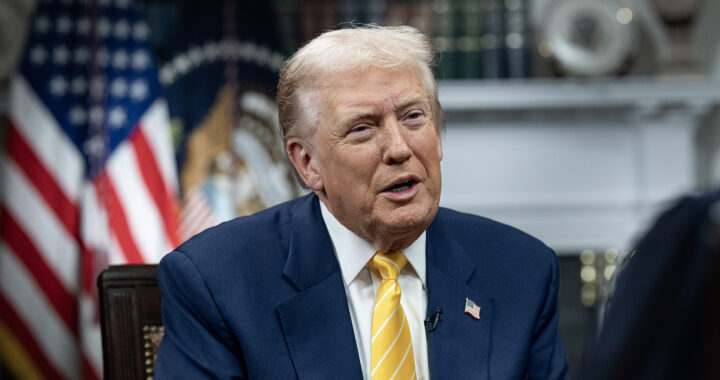U.S. President Donald Trump intensified the national debate on artificial intelligence by calling for a single federal standard to regulate AI on 18 November 2025. He warned that allowing states to implement divergent rules threatens economic growth and U.S. global competitiveness, framing uniformity as essential for fostering innovation and technology leadership.
Trump criticized certain states for embedding diversity and inclusion principles into AI systems, labeling these measures woke. He argued that state-level regulations could fragment the market, complicate compliance, and slow investment. He emphasized that federal oversight could protect children while promoting a unified approach across all fifty states.
The call for federal preemption of state AI rules has faced repeated legislative hurdles. The U.S. Congress has struggled to balance national economic interests with the authority of states over technology policy. House Majority Leader Steve Scalise is attempting to attach preemption language to a must-pass defense policy bill. This signals renewed efforts.
Senator Ted Cruz actively champions federal AI regulation. He is seeking to block states from enacting independent rules. His push faces resistance from fellow Republicans, including Senator Marsha Blackburn and Senator Josh Hawley, who advocate for state control, citing online safety measures and children’s protection as key priorities in local lawmaking.
Internal Republican divisions highlight broader debates about the risks and rewards of AI. Some bank on a federal approach to highlight economic growth and international competitiveness. Others insist state governments must retain flexibility to manage AI risks. This reveals tension between national strategic interests and local social and ethical concerns.
Economists and technology industry leaders largely support federal uniformity. They have warned that patchwork state regulations could increase costs and slow innovation. They argue that investors require predictable rules to deploy AI safely and effectively, while fragmented legislation may drive U.S. companies to delay projects or move operations abroad.
The debate over AI governance also intersects with cultural and ethical questions. Critics of the federal push contend that a single standard could ignore social equity, privacy, and ethical design considerations. Advocates counter that coordinated rules can ensure safety without stifling technological growth or creating regulatory chaos.
Nevertheless, as Congress considers including AI preemption, the outcome remains uncertain. The battle between federal authority and state autonomy will shape the regulatory landscape of the U.S. for years. The internal debates among Republicans, industry pressure, and public concerns make AI oversight a central and contentious issue for policymakers.





